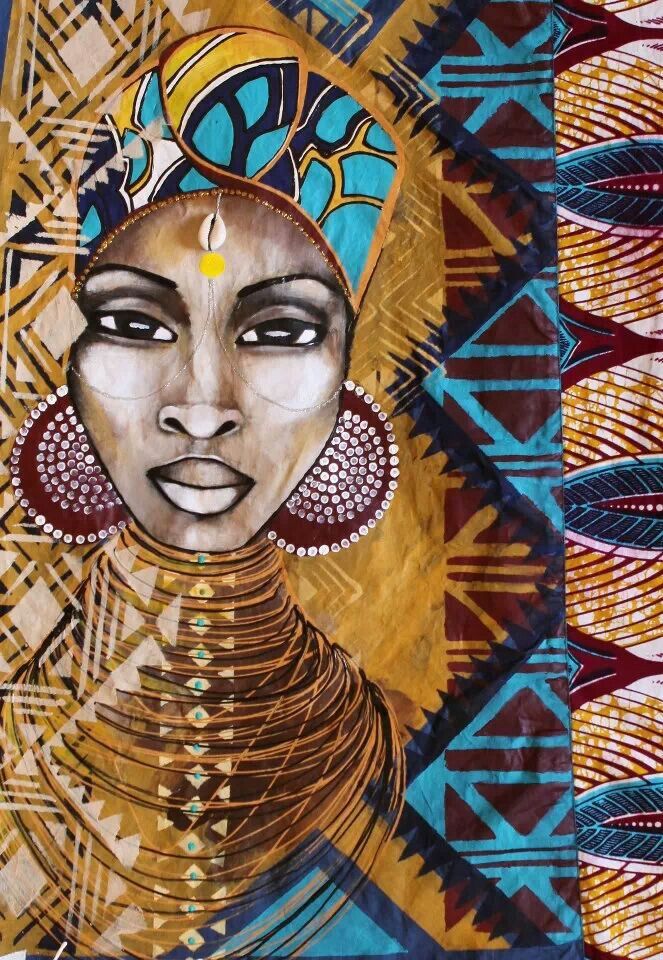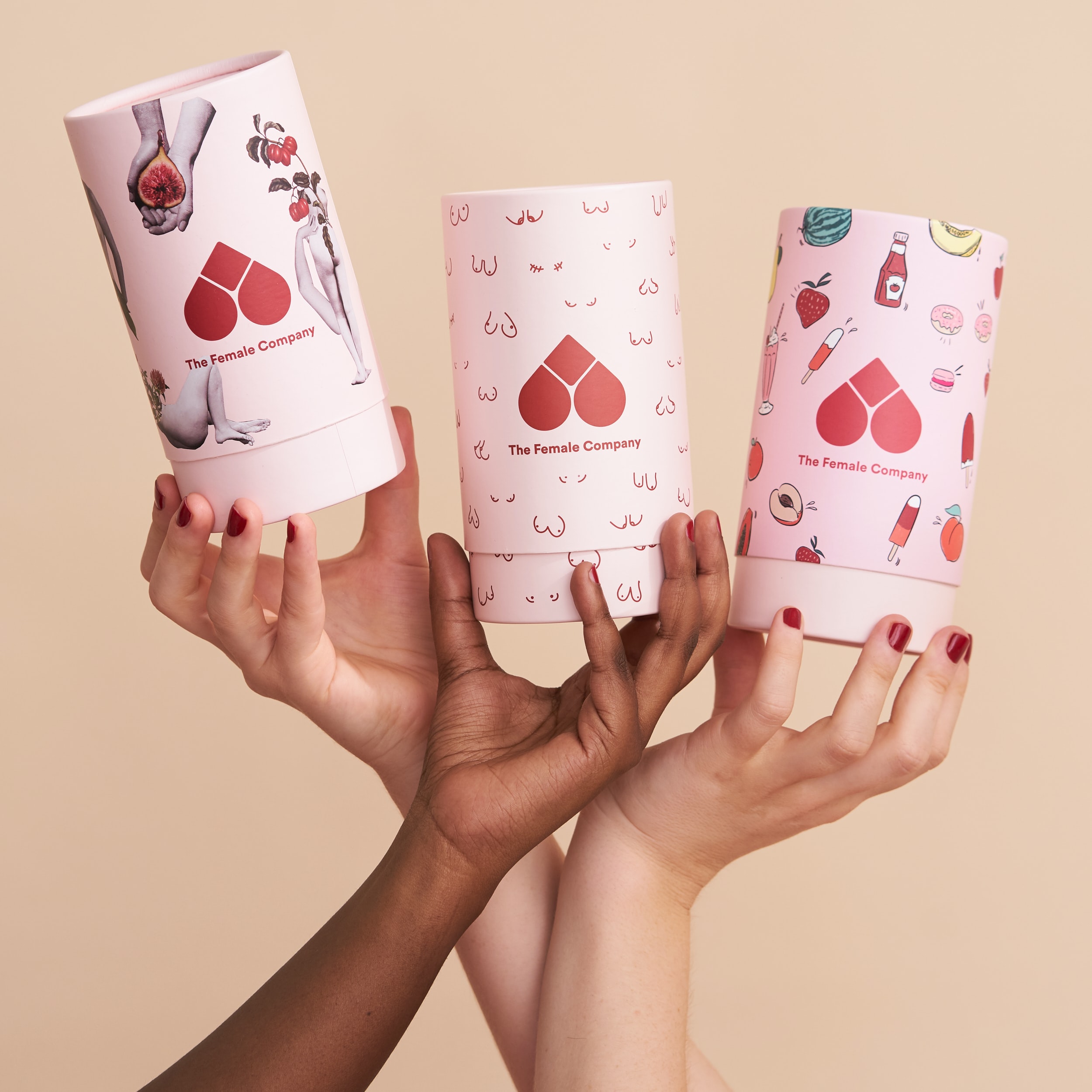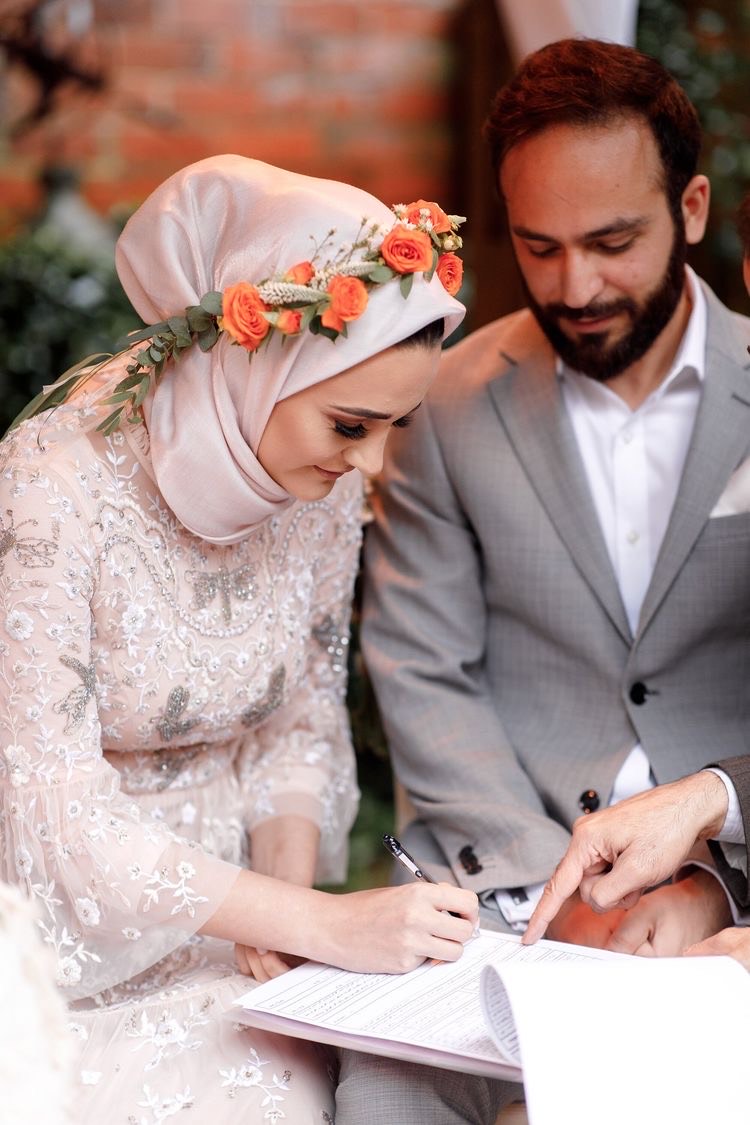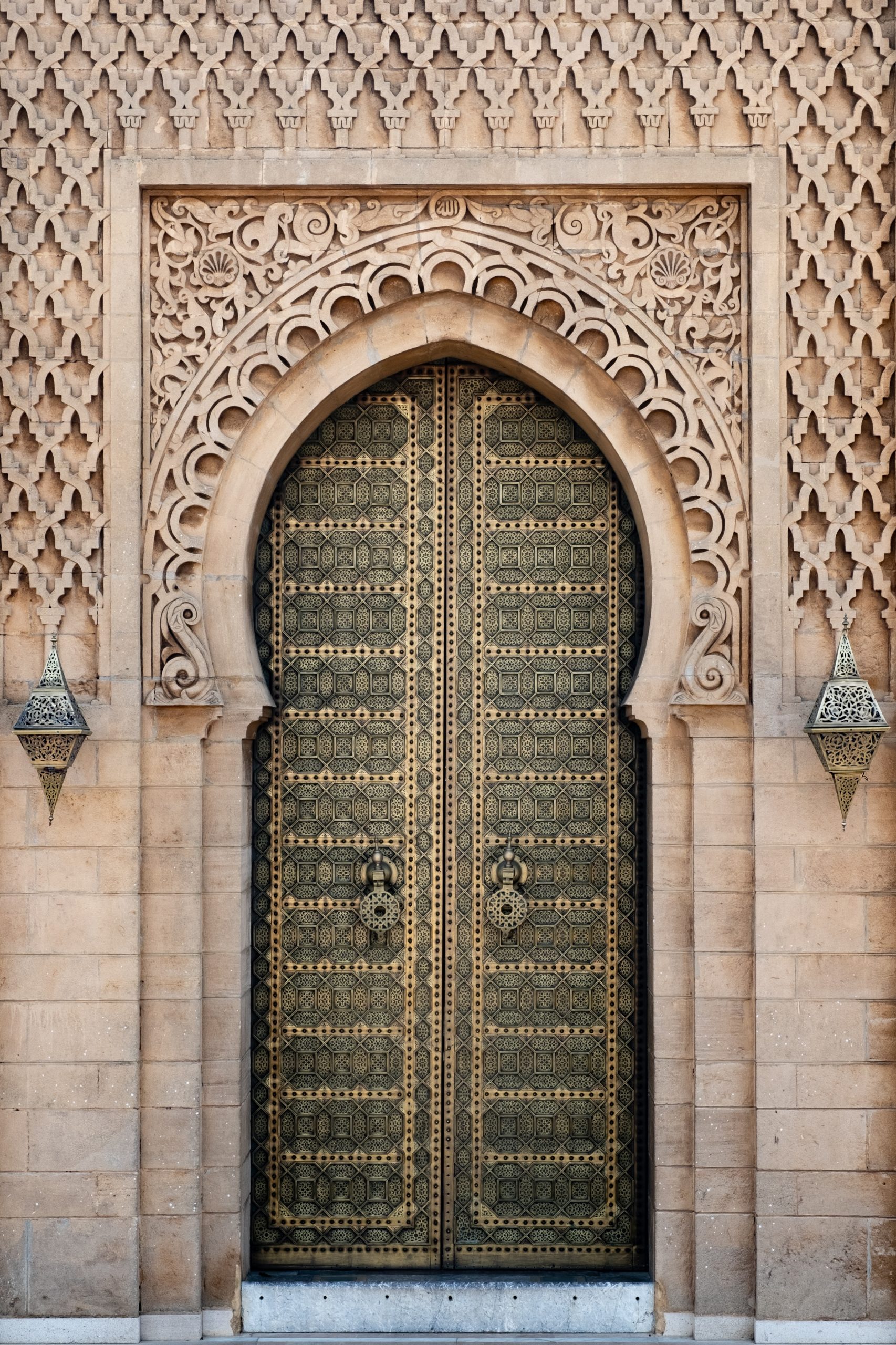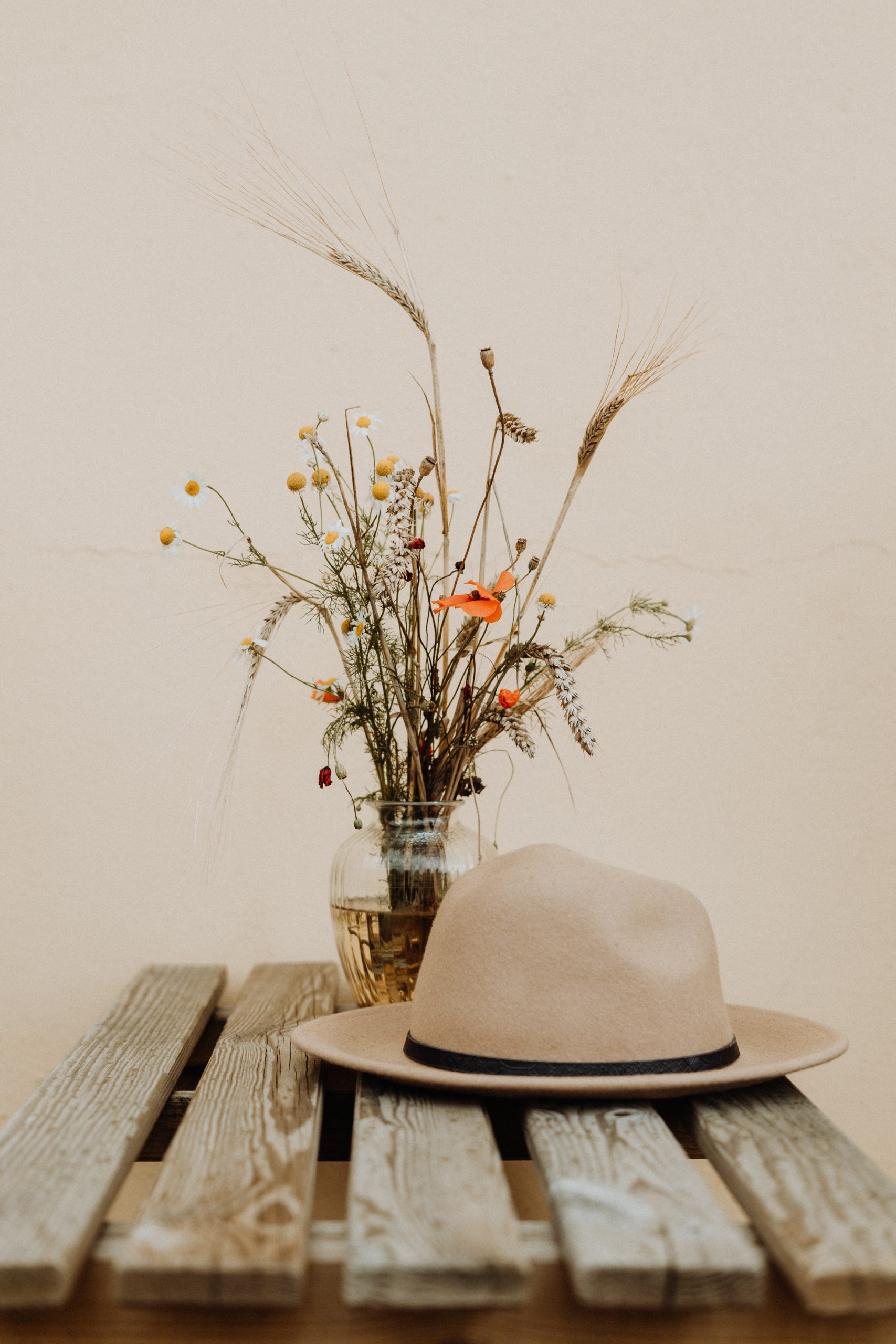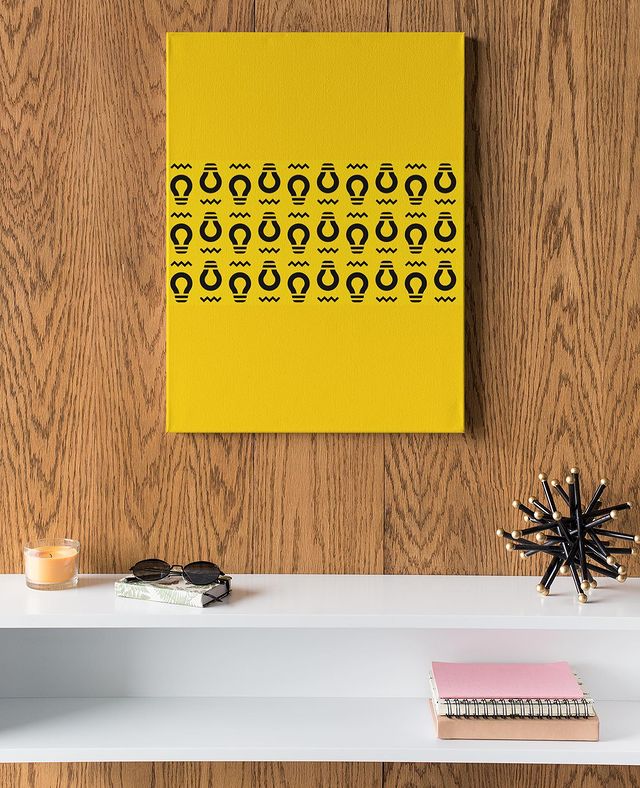Seeing the challenge that lay ahead of her, Najah wiped her tears and got to work. She was not about to allow an exclusionary rule stand in the way of her ambition, With the support of her school and the American Muslim Advisory Council, she was determined to change the rule with the hope that no Muslim athlete wearing the hijab in Tennessee or elsewhere, would encounter the same obstacle.



